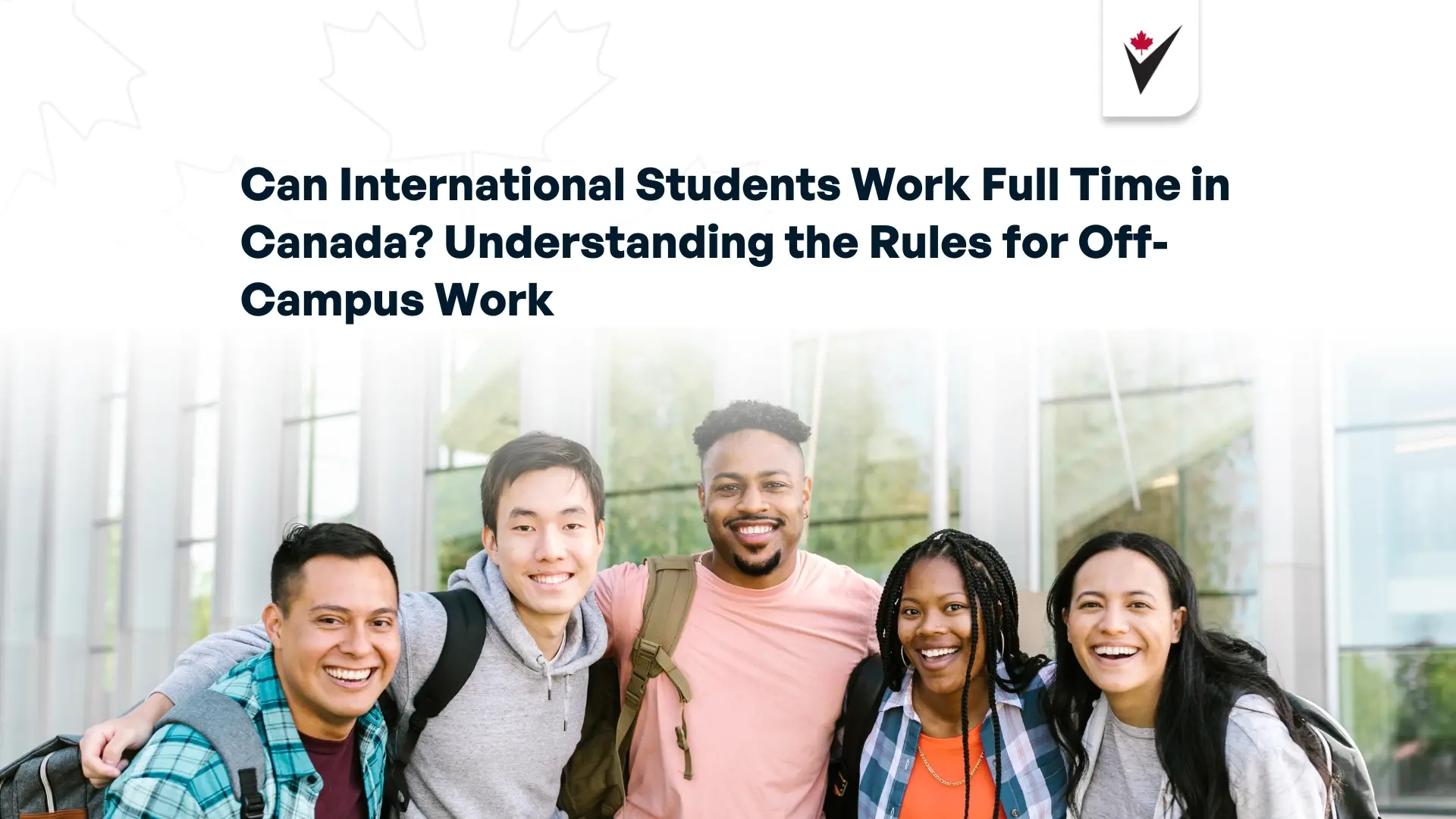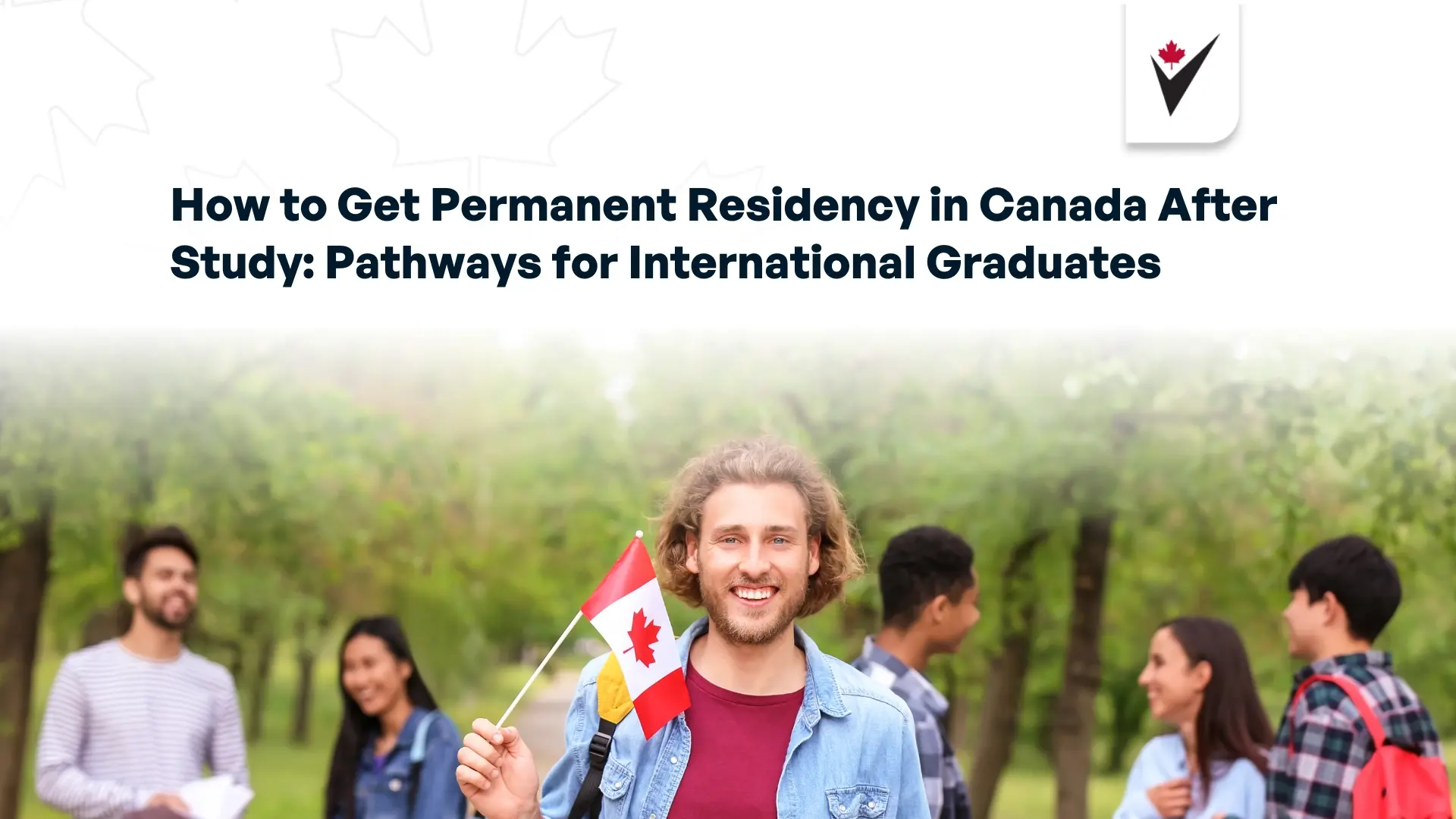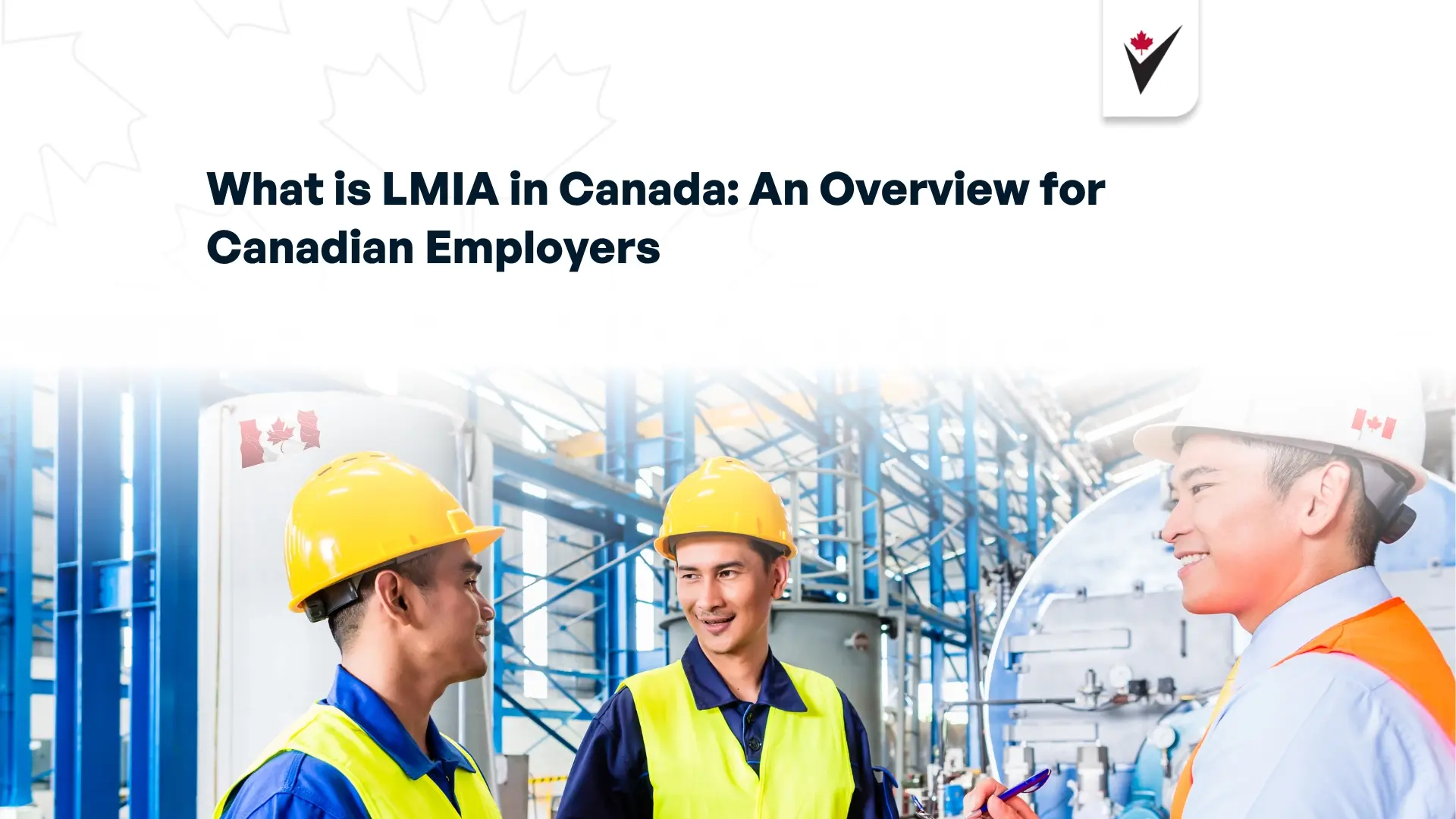- Work
- Work Permit
Work in Canada
Temporary workers enter Canada for a period of time to fill critical skill shortages. These workers are usually provided with a Temporary Work Permit before leaving their home country.
There are many ways to qualify for a Work Permit. In most situations, the worker will need a job offer from a Canadian employer to apply for a work permit.
TEMPORARY FOREIGN WORKER PROGRAM
Before hiring an international worker, most employers need a government authorization that comes through an approved LMIA application. LMIAs are processed by Employment and Social Development Canada (ESDC) which ensures that the entry of these workers will not have a negative impact on the Canadian labour market. Foreign nationals included in an approved LMIA are then able to apply for a work permit.
INTERNATIONAL MOBILITY PROGRAM
The IMP allows workers to apply for a work permit without a LMIA. The exceptions include professionals and business investors defined on international agreements, due to Canadian interests such as significant benefit or reciprocal employment, and public policies, workers without other means of support such as refugees, permanent residence applicants in Canada, vulnerable workers, and humanitarian reasons.
INTERNATIONAL EXPERIENCE CANADA - IEC
The International Experience Canada is the pathway for young professionals looking to gain work experience in Canada. The Program is available to citizens from countries or territories that have an agreement with Canada allowing them to apply for an IEC work permit.
There are 3 categories of work permit under the IEC Program:
- Working Holiday: for candidates without a job offer in Canada.
- Young Professionals: for candidates with a job offer in Canada in an occupation NOC skill level 0, A or B, and, in some specific situations, skill level C
- International Co-op (Internship): for candidates registered at a post-secondary institution and have a job offer for a work placement or internship in Canada
The eligibility requirements vary according to the country of citizenship. Usually, the candidates have to be between the ages of 18 and 35, have minimum of $2,500 CAD to cover the expenses in Canada, and be admissible to Canada.
POST-GRADUATION WORK PERMIT - PGWP
The Post-Graduation Work Permit (PGWP) is available for full-time students who graduated at Canadian post-secondary institutions in eligible programs.
Eligibility requirements:
- Completed a PGWP-eligible program at one of the Designated Learning Institutions. Academic, vocational or professional training programs at least 8 months long which grant a degree, diploma or certificate are eligible;
- Completed at least 50% of the Program in Canada (Some exceptions apply due to the COVID-19 pandemic);
- Have studied full time (have taken at least 3 courses of the Program) in each semester, except for the last semester; and
- Have received the transcript and letter of completion of the program issued by the Designated Learning Institution.
Graduates have up to 180 days to apply for a PGWP after getting their degree or diploma, transcript or official letter from their school, and must keep valid status in Canada to be eligible to apply.
The PGWP term is at the discretion of the Canadian immigration and depends on the length of the program the student has completed. For 1-year programs, students usually receive a PGWP valid for 1 year; for 2-year or longer programs, the PGWP expiry varies from 2 to 3 years.
QUALIFIED INTERNATIONAL STUDENTS
Some international students are allowed to work in Canada, inside and outside the campus, for any employer, if taking a full-time eligible program at a Designated Learning Institution (DLI). They can work part-time while taking classes and full-time during summer breaks. Foreign students can also apply for Co-op Work Permit when taking an eligible co-op program.

Regulated Canadian Immigration Consultants (RCIC-IRB)
Proudly regulated by and in good standing with the College of Immigration and Citizenship Consultants (CICC). Jamie Dowla, registration #: R507233.

Our Canadian Immigration Success Stories in the Words of Our Clients
Sheryl Salazar
From the initial consultation to the final approval, Cando Canadian Immigration Services demonstrated exceptional professionalism and expertise.
Drixine Clasicas
My husband and I had an absolutely AMAZING experience with CanDo Immigration! Their team went above and beyond to make the entire Work Permit process smooth and stress-free. They were incredibly knowledgeable, super responsive, and truly cared about our case.
Alexia Riley
Cando is the best option for all your immigration needs. I highly recommend them. They were very proficient and effective during my process, from the initial processing of my work permit to the acquisition of my Permanent Residency.
Momar Mundoc
Amazing service and I highly recommend CanDo Canadian Immigration Services.
April Condinato
I wanted to express my sincere gratitude for your unwavering support in helping me achieve my goal. Your guidance and encouragement were instrumental in my success, and I truly appreciate the positive impact you've had on my journey.
Mry Lrrn
To Cando Immigration Services, your expertise and dedication transformed what could have been a daunting process into a manageable and even enjoyable experience.
Aetherika
Jamie, Maria and Marta have been an exceptional team throughout my journey from newcomer to PR holder. I cannot stress enough how capable the entire Cando team is even working on a tricky and time sensitive case nobody else would touch.
Precious Joy Ramirez
Approachable staff, very attentive to queries and responds quickly.
Jose Asi (JAS)
I had a fantastic experience with Cando immigration consultant. Thank you Sir Jamie Dowla and his father Marshall & the whole team.
Roselyn Macion-Molina
Highly recommended! We applied for family of 3 and I must say that CANDO did an excellent job with our application.
Okeya Habib
They were with me on every step. And Gayle was amazing. One can rely on them blindly.
Fhel Dabu
I am delighted with the service, that we have received from Cando Team. I was not expecting this service of expertise and professionalism. The efficiency that we experience along the process. Attention to details and the passion to be of service.
Kaminski Krew
We cannot Thank Cando Family enough for all the Hard work they put into helping our Family with our Immigration to Finally our Citizenship! The Professionalism and Patience shown in helping us along the way (multi Nationality Family) has been Key.
Charisse Bagsic
I am very much satisfied with how everyone at Cando helped me in every step of my application. Jaime and his whole team has been very kind and professional, they guided me well through the process.
MT GS
Highly recommended! Cando did an amazing job throughout my application. I was hopeless with my Canadian dream, but when I started my application with cando, I put my 100% trust on them.
Learn About All of the Great Things
Canada Has to Offer!
Canadian Immigration News, Tips, and Resources

Can International Students Work Full Time in Canada? Understanding the Rules for Off-Campus Work
Studying in Canada opens doors to world-class education, exciting career opportunities, and a vibrant multicultural experience. For many international students, working while studying is a crucial
read more
How to Get Permanent Residency in Canada After Study: Pathways for International Graduates
For many international students, studying in Canada is the first step toward building a life in one of the most welcoming and diverse countries in the world. From high-quality education to strong job
read more
What is LMIA in Canada: An Overview for Canadian Employers
If you're a Canadian employer planning to hire a foreign worker, you'll need to navigate the Labour Market Impact Assessment (LMIA) process. This crucial step helps ensure that hiring a foreign
read moreFind Your Licensed Immigration Consultant
Wherever You Are Located
We assist clients across Canada and internationally. See the countries below to find your regulated Canadian immigration consultant.


